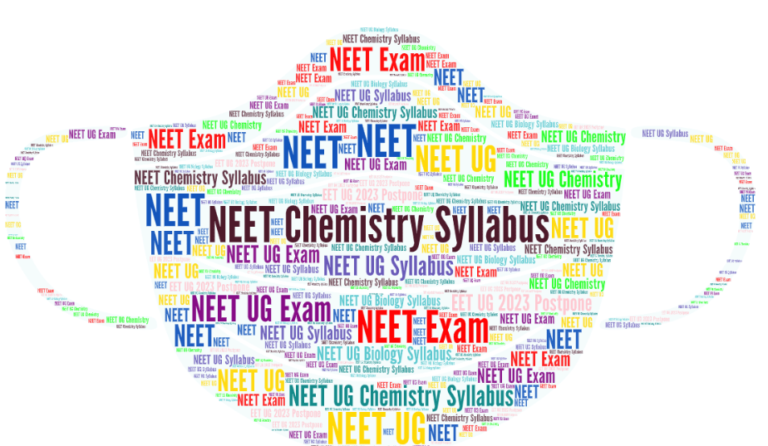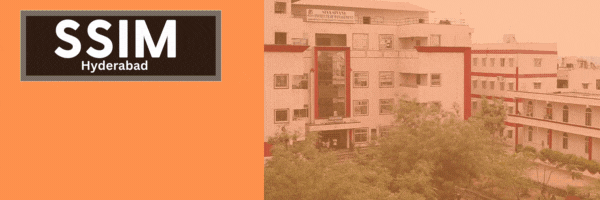Revised NEET UG 2024 Syllabus: NEET(National Eligibility cum Entrance Test) is the major gateway to students aspiring for Medical courses in India.
NEET UG 2023 Cut-off Rises for All Categories and Counselling Process
National Medical Commission (NMC) in an attempt to reduce stress from the aspiring students has taken the decision of reducing the NEET UG Syllabus effective 2024. Providing clarity to lakhs of aspirants who are preparing to appear in the centralized MBBS entrance examination, the Undergraduate Medical Education Board (UGMEB) of the National Medical Commission (NMC) has now finalised and released the syllabus for the National Eligibility-cum-Entrance Test Undergraduate (NEET-UG) examination-2024.
Join Campusutra WhatsApp Group || Telegram
AIIMS Cut off. Open, OBC, SC, ST, PwD, EWS, Male & female
NMC limits MBBS seats in each state to 100/million population
The NEET Exam syllabus comprises majorly of three main subjects : Physics, Biology and Chemistry. There hasn’t been any change in the Exam Pattern and the Question format which remains the same as 2023. The only change affected is in the form of some chapters getting deleted from the syllabus with more focus on Advanced and fundamental topics from 11th and 12th grade Physics, Biology & Chemistry.
Direct link to check NEET UG 2023 seat allotment result
The need for a revision in NEET UG Syllabus, was primarily identified by the MCI and NMC after having an in-depth review of various state syllabi as well as those prepared by CBSE, NCERT and COBSE.
Considering the aspiring students and other stakeholders’ urgency to be informed of the revision in the syllabus,Director of NMC UG Board Shambu Sharan Kumar has issued a public notice directing NEET to finalise the 2024 Syllabus and made the same available on the website.
NEET UG Counselling 2023 schedule
Syllabus of NEET-UG 2024:
As per the syllabus, which has now been published on the NMC website, the questions from Physics will come from 20 Units including Physics and Measurement, Kinematics, Laws of Motion, Work, Energy and Power, Rotational Motion, Gravitation, Properties of Solids and Liquids, Thermodynamics, Kinetic Theory of Gases, Oscillations and Waves, Electrostatics, Current Electricity, Magnetic Effects of Current and Magnetism, Electromagnetic Induction, and Alternating Currents, Electromagnetic Waves, Optics, Dual Nature of Matter and Radiation, Atoms and Nuclei, Electronic Devices, Experimental Skills,
The syllabus of Chemistry has been divided into three parts – Physical Chemistry, Inorganic Chemistry, and Organic Chemistry. There are a total number of 20 Units covering these three parts of the Chemistry Syllabus. The Units covering Physical Chemistry include- Some basic concepts in Chemistry, Atomic Structure, Chemical Bonding and Molecular Structure, Chemical Thermodynamics, Solutions, Equilibrium, Redox Reactions and Electrochemistry, Chemical Kinetics.
The Units covering the syllabus of Inorganic Chemistry Include- Classification of Elements and Periodicity in Properties, p- Block Elements, d- and f- Block Elements, Co-Ordination Compounds. Apart from these, the syllabus of Organic Chemistry has been covered in the Units including Purification and Characterisation of Organic Compounds, Some basic principles of Organic Chemistry, Hydrocarbons, Organic Compounds Containing Halogens, Organic Compounds Containing Oxygen, Organic Compounds Containing Nitrogen, Biomolecules, and Principles Related to Practical Chemistry.
In respect of the Biology Syllabus, there are a total number of 10 Units that cover topics including- Diversity in Living World, Structural Organisation in Animals and Plants, Cell Structure and Function, Plant Physiology, Human Physiology, Reproduction, Genetics and Evolution, Biology and Human Welfare, Biotechnology and its Application, and Ecology and Environment.





